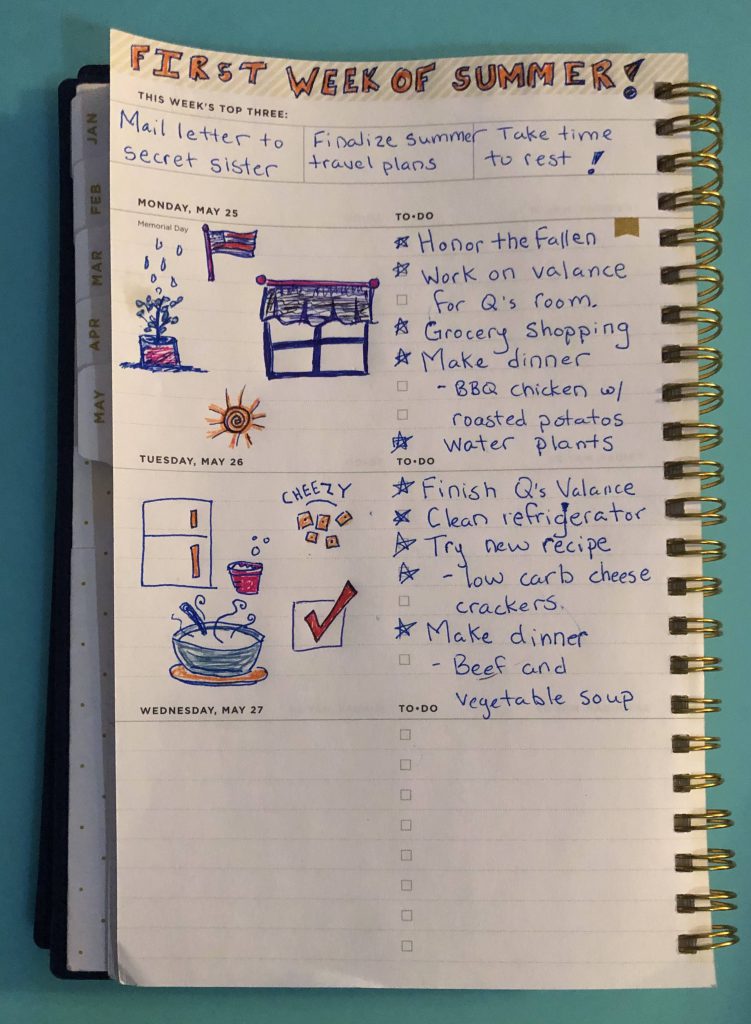Written by TalkingPoints
Summer break can be a time of fun and relaxation for students, families and teachers. But it can also undo months of learning and academic achievement, and leave students behind at the beginning of the new school year.
This “summer slide” has a real, measurable impact. A 2015 study of elementary age children showed that students, on average, lost about 20% of school-year gains in reading and 27% of school-year gains in math during summer break.
This summer, the slide is likely to be even steeper. Researchers estimate that students may suffer a 30% loss in reading and 50% loss in math by the start of the 2020-21 school year due to recent school closures.
No family–or teacher–wants any student to suffer learning loss over summer break. Fortunately, there are many strategies for helping students stay on track and ready to start school in the fall.
TalkingPoints checked in with super teachers across the country to hear what they had to say about summer slide–and how they’re helping families prevent it. Here’s what they had to say!
Share Resources & Encourage Goal-Setting
“During the summer, students often have much less structure and direction. This lack of routine can leave students feeling aimless, and can increase anxiety and depression in some children. The era of COVID-19 is causing additional uncertainty and can leave students feeling out of control,” says Kelly, an 8th grade English teacher from Tucson, Arizona.
“I recommend that parents help their children regain a sense of stability by helping them to create and reach long and short-term goals. Students can regain a sense of control by keeping track of goals and accomplishments. This exercise can help students to feel success and can also help ensure that they are continuing to challenge themselves.”

Kelly also shares district resources with her families, eighty percent of whom live below the poverty line. These resources include links from her school district’s website to educational opportunities like summer school and social-emotional support services.
- TalkingPoints Tips: Share links to important school and district resources (like summer school, libraries, and lunch programs) with families on TalkingPoints. You can also survey families to find out what resources they need by taking a poll with TalkingPoints. For a quick video on how to use our poll feature, click here.
Focus on Reading & Make it Fun
“Having students read for 20 to 30 minutes a day will go a long way towards preventing regression over the summer,” says Alicia, a middle-school Special Education Teacher from San Francisco.
Thanks to some school-based grant funding, Alicia and her colleagues have secured books for students to take home over summer break. “We have been using online platforms throughout the year to support literacy as well,” she adds, “so we’re also encouraging families and students to keep using them at home over summer.” Alicia has also checked in with families to make sure they have access to tech–along with necessities like food and housing–before summer begins.
For students who need extra reading motivation, Alicia suggests finding texts based on their interest. “They should look forward to reading as much as possible! You can also break the reading time into chunks, like ten minutes in the morning and ten at night,” she adds.
Another strategy for reluctant readers? Make it a game. “Libraries in our area run summer reading programs, where kids can earn things if they read a certain amount of hours,” Alicia adds.
- TalkingPoints Tip: Record and share a short video with reading tips for students and families. In the video, encourage your students to read every day and share best reading practices (like keeping a reading log). To learn how to share videos with TalkingPoints, click here.
Prioritize Learning AND Play, Especially for Younger Students
“My biggest concern for my first graders this summer is that they will not be reading or writing as much as we would be in school. I am also concerned that they’ll feel isolated,” says Kelley, a first grade teacher from Massachusetts.
Kelley is thankful that her district is keeping access to online curriculum and learning apps open to families during the break. She’s also considering sending home a digital packet of materials to help prepare her students for second grade.
Along with reading and writing, Kelley wants her families to focus on playtime. “I would like to see all families focus on supporting their child’s social-emotional well-being for when we return to school. If students read some books, talk with others, and explore the world around them I would be happy!”
- TalkingPoints Tip: Need to send a packet of learning materials to families? You can do that with TalkingPoints! Here’s how.
If families have a smartphone, remind them to download the TalkingPoints Parents app, where they can view regularly-updated tips and resources to support summer learning. By working together, we can all help students avoid summer slide–and be ready for school in the fall!



